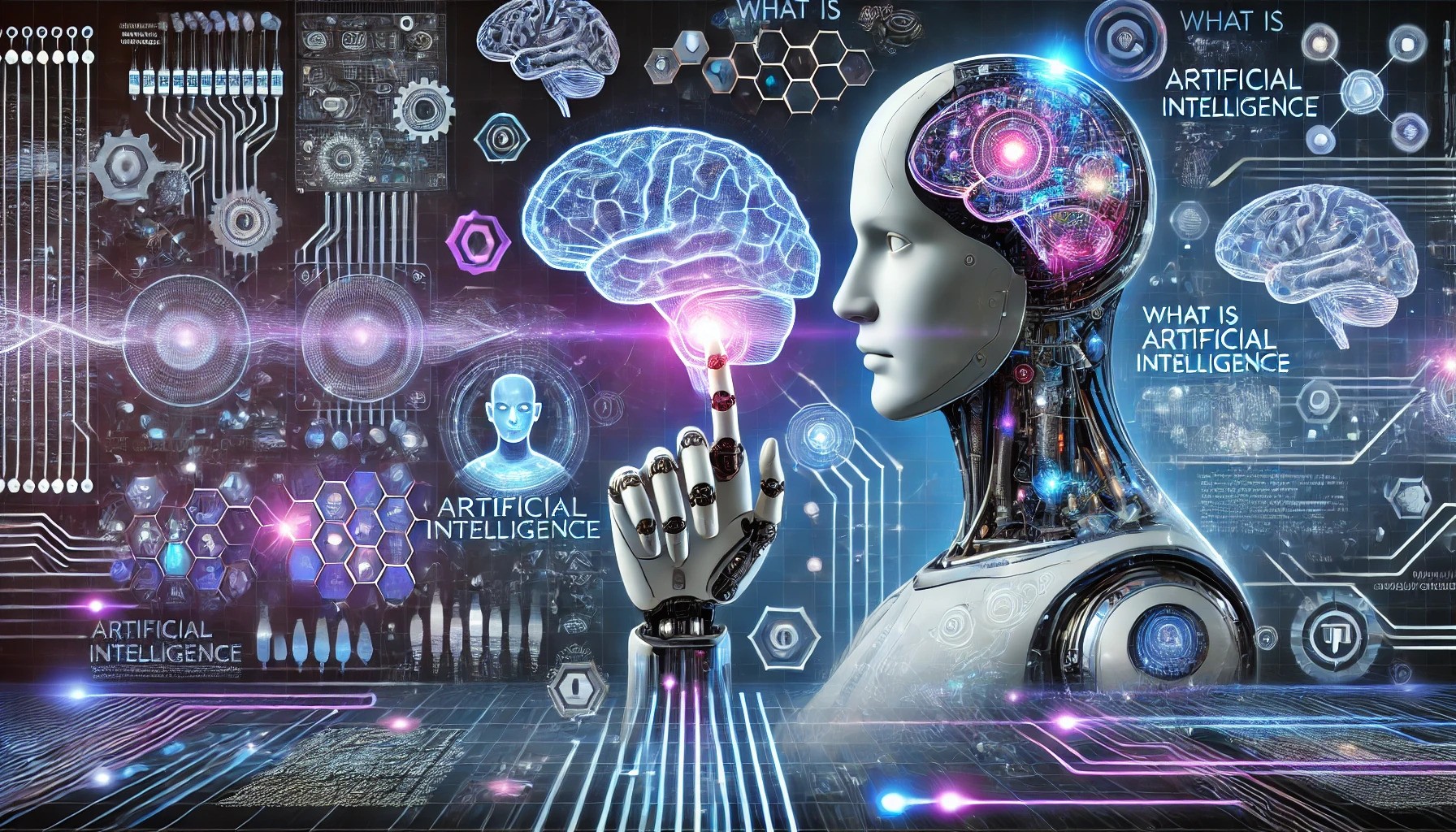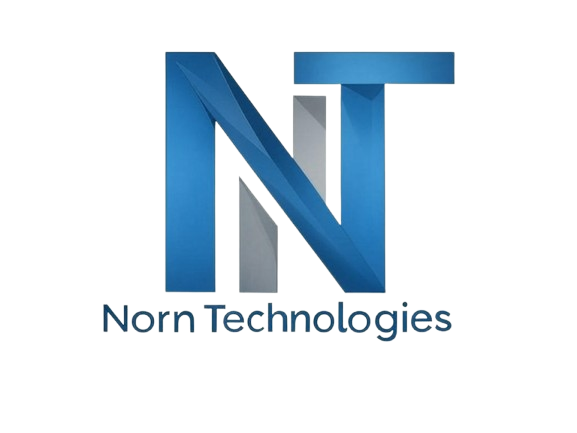
What is Artificial Intelligence? A Beginner's Guide to AI
What is Artificial Intelligence? A Beginner's Guide to AI
In today's fast-paced digital world, artificial intelligence (AI) is no longer just a buzzword—it's transforming industries, boosting efficiency, and reshaping how we live and work. But what is artificial intelligence exactly? If you're a business owner, tech enthusiast, or simply curious about this revolutionary technology, you've come to the right place. This comprehensive guide breaks down the basics of AI, its types, real-world applications, and future potential. Plus, we'll explore how Norn Technologies is making AI accessible for small and medium businesses (SMBs) to drive growth and innovation. Read on to unlock the secrets of AI and discover how it can supercharge your operations.
Defining Artificial Intelligence: The Basics
Artificial intelligence refers to the simulation of human intelligence in machines programmed to think, learn, and perform tasks that typically require human cognition. At its core, AI enables computers to process vast amounts of data, recognize patterns, and make decisions with minimal human intervention. Unlike traditional programming, where rules are hardcoded, AI systems use algorithms to learn from data. This learning process mimics how humans acquire knowledge through experience. Key components of AI include:
- Machine Learning (ML): A subset of AI where systems improve performance on a task over time without explicit programming. For example, recommendation engines on platforms like Netflix use ML to suggest content based on your viewing history.
- Natural Language Processing (NLP): llows machines to understand and respond to human language, powering tools like chatbots and virtual assistants such as Siri or Grok.
- Computer Vision: Enables AI to interpret and analyze visual information from the world, used in applications like facial recognition and autonomous vehicles.
Types of Artificial Intelligence
Understanding the different types of AI helps clarify its scope and limitations. AI is broadly categorized into three levels based on capability:
- Narrow AI (Weak AI): The most common form today, designed for specific tasks. Examples include voice assistants, spam filters in email, or image recognition software. While powerful, narrow AI can't perform beyond its programmed domain.
- General AI (Strong AI): This hypothetical AI would match human intelligence across any intellectual task. We're not there yet, but research in areas like neural networks brings us closer.
- Super AI: An advanced form surpassing human intelligence in all aspects. Often depicted in sci-fi, super AI raises ethical questions about control and societal impact.
Real-World Applications of Artificial Intelligence
AI's versatility makes it a game-changer across sectors. Here are some key applications driving its adoption:
- Healthcare: AI algorithms analyze medical images to detect diseases like cancer earlier than humans. Predictive analytics help forecast outbreaks, improving public health responses.
- Finance: Fraud detection systems use AI to monitor transactions in real-time, while robo-advisors provide personalized investment advice.
- Retail and E-Commerce: Personalized shopping experiences, inventory management, and chatbots enhance customer service. AI-powered tools predict trends, optimizing supply chains.
- Manufacturing: Predictive maintenance reduces downtime by forecasting equipment failures, and robots automate assembly lines for precision and efficiency.
- Transportation: Self-driving cars from companies like Tesla rely on AI for navigation, while logistics firms use it for route optimization.
Benefits and Challenges of AI
The advantages of artificial intelligence are immense:
- Efficiency and Automation: AI handles repetitive tasks, freeing humans for creative work.
- Data-Driven Insights: It uncovers patterns in data that humans might miss, leading to better decisions.
- Scalability: AI systems can process information at speeds and volumes impossible for people.
- Innovation: From drug discovery to climate modeling, AI accelerates breakthroughs.
However, AI isn't without hurdles:
- Ethical Concerns: Bias in algorithms can perpetuate inequalities if training data is flawed.
- Job Displacement: Automation may shift employment, requiring workforce reskilling.
- Privacy Issues: AI's data hunger raises questions about surveillance and data security.
- Regulation: Governments are scrambling to create frameworks for safe AI development.
Addressing these challenges is crucial for responsible AI deployment.
How Norn Technologies Helps Small and Medium Businesses with AI Solutions
For small and medium businesses (SMBs), harnessing AI can seem daunting due to high costs, technical complexity, and resource limitations. That's where Norn Technologies steps in as a trusted partner, specializing in tailored AI solutions that empower SMBs to compete with larger enterprises.
Take, for instance, a mid-sized retail chain struggling with inventory management. Norn Technologies developed a custom AI-powered predictive analytics tool that integrates with their existing systems. By analyzing sales data, seasonal trends, and supply chain variables, the solution forecasts demand with 95% accuracy. This reduced overstock by 30% and minimized stockouts, saving the business thousands in lost revenue and storage costs.
The benefits extend beyond efficiency: SMBs using Norn's AI solutions report up to 25% growth in customer satisfaction through personalized recommendations and faster service. Whether it's automating customer support with NLP chatbots or optimizing marketing campaigns via machine learning, Norn Technologies makes AI accessible, affordable, and impactful. By focusing on scalable, no-code platforms, we ensure even non-technical teams can implement and manage AI, fostering innovation without the need for in-house experts.
The Future of Artificial Intelligence
Looking ahead to 2025 and beyond, AI is poised for explosive growth. Trends like AI ethics, quantum computing integration, and AI-human collaboration will shape its evolution. Experts predict AI will contribute trillions to the global economy, but success depends on inclusive development.
Artificial Intelligence is more than technology - it's a catalyst for progress. Whether you're exploring AI for personal interest or business advantage, understanding its fundamentals is the first step. Ready to integrate AI into your operations? Contact Norn Technologies today to discover customized solutions that drive real results.
